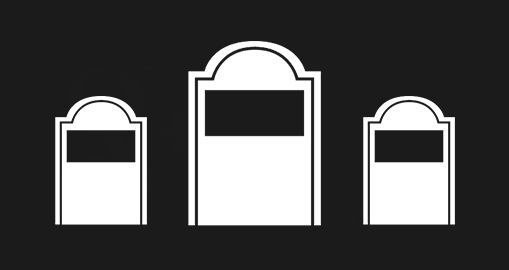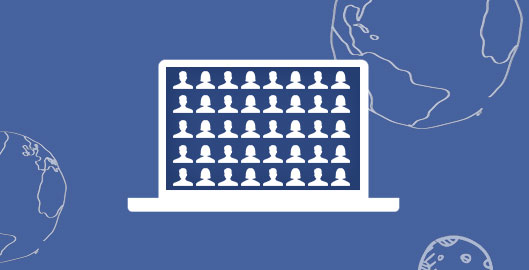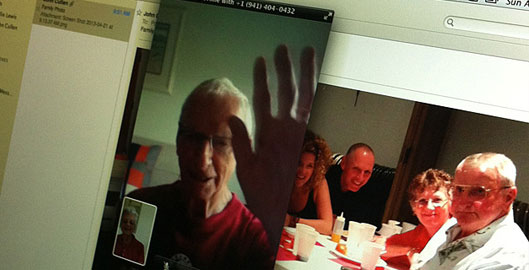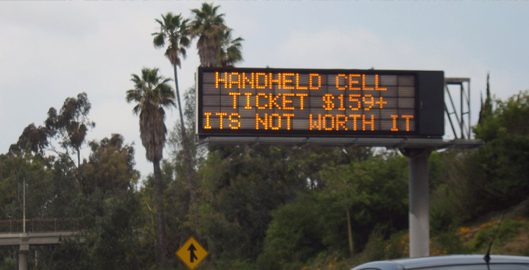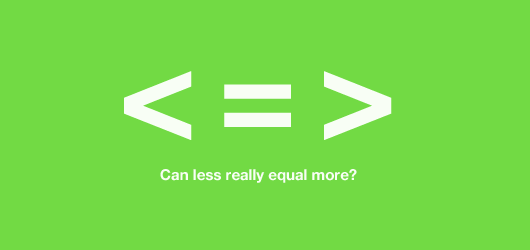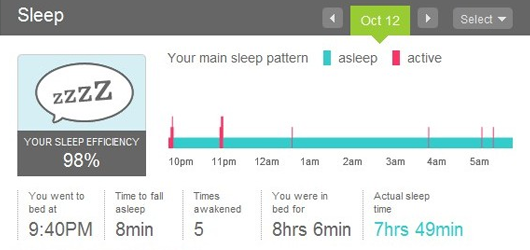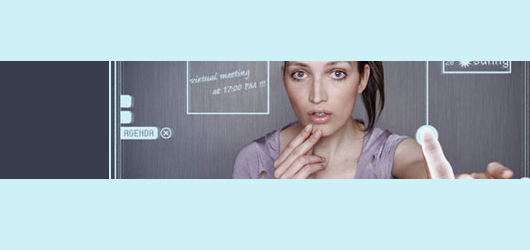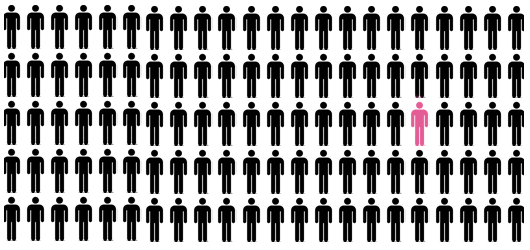Last week, Business Insider reported that Barnes & Noble laid off a lot of people on its Nook hardware engineering team. If you’re not familiar, Nook is Barnes & Noble’s e-reader and intended to compete with Amazon’s Kindle. However, things didn’t turn out so well for Nook and in Q3 of 2013 it’s earnings were down 32% and made it the worst performing part of Barnes & Noble.
Barnes & Noble has been figuring out what to do and one route would be to change their focus from the hardware to just doing its own applications and digital distribution. Too bad for all those people who got Nook’s as gifts over the last few years.
This brings up an interesting problem though that eventually we all will face. How do we decide what devices to purchase? How do we know that the device or hardware we purchase today will still be around in three years? I think the reality is that we don’t. The world of technology hardware changes so fast that there’s no way to ensure that some amazing new device will see a long lifespan.Continue reading
